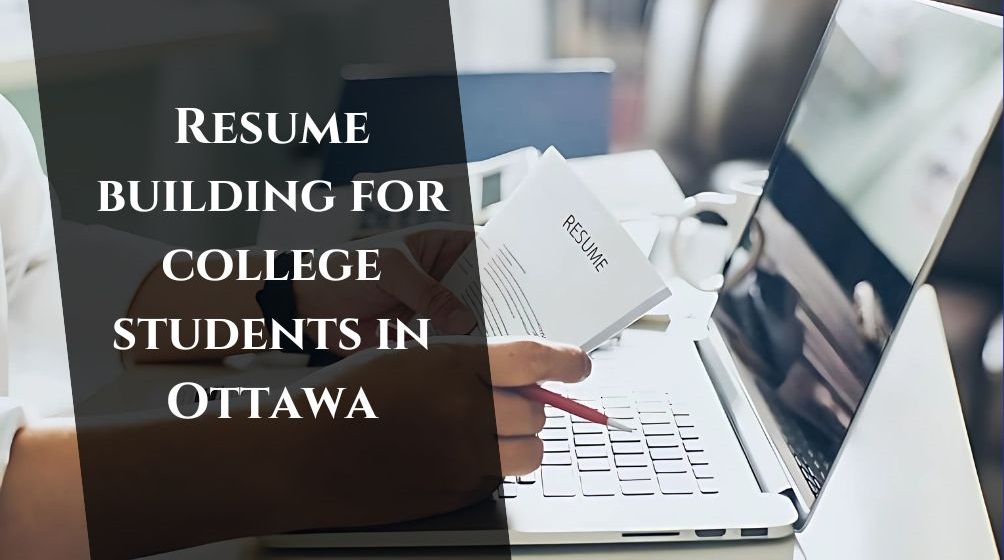
In today’s competitive job market, a well-crafted resume can set you apart and open doors to valuable internships and job opportunities. Resume building for college students in Ottawa your strengths, experience, and potential as a college student in Ottawa can feel overwhelming, but with the right approach, you can make a lasting impression on employers. Avefy’s guide will help you create an effective, compelling resume that showcases your unique talents and academic achievements.
1. The Purpose of a Resume: Selling Your Story
Your resume is more than a list of experiences; it’s your story in a professional format. Think of it as a snapshot of who you are, showcasing your skills, achievements, and qualities. College students might not have extensive job experience yet, but internships, volunteer work, academic projects, and part-time roles are invaluable when structured strategically.
Key Tip: Focus on your unique journey. Highlight experiences where you demonstrated skills like problem-solving, teamwork, leadership, and adaptability. These are essential in any role and make you stand out.
2. Essentials of a College Student Resume
College students in Ottawa have diverse academic paths and career aspirations, so tailoring your resume for specific roles or fields is critical.
- Contact Information: Include your full name, phone number, email address, LinkedIn profile, and optional personal website if relevant.
- Objective or Summary Statement: A brief statement at the top outlining your career aspirations and how they align with the position you’re applying for. Keep it concise—two to three sentences will do.
3. Highlighting Your Education and Academic Achievements
As a student, your academic record is one of your primary assets. Include your college name, degree, expected graduation date, and any honors, awards, or scholarships that demonstrate your dedication and achievements.
Key Points to Consider:
- Include GPA if it’s a strong selling point (generally above 3.5).
- List relevant coursework, especially if it’s connected to the job you’re seeking.
- Academic projects that require research, teamwork, or leadership can be added as experiences.
4. Making the Most of Limited Experience
If you’re starting with limited experience, focus on transferable skills from internships, volunteer work, and part-time jobs.
- Internships: Provide concrete details—list projects you worked on, any objectives you achieved, and skills developed.
- Volunteer Work: Volunteering shows commitment and empathy. List experiences where you held a leadership role or worked closely with a team to achieve a goal.
- Student Activities and Clubs: Mention clubs, societies, or sports teams you participated in, especially if you held a leadership role or organized events.
5. Skills Section: Showcasing Hard and Soft Skills
Your skills section should be balanced between hard (technical) and soft (interpersonal) skills. Tailor this section to highlight specific abilities that will be most useful in the job you’re applying for.
- Technical Skills: Include software proficiency (e.g., Microsoft Office, Adobe Suite, data analysis tools) or industry-specific knowledge (e.g., AutoCAD, SEO).
- Soft Skills: Leadership, teamwork, communication, problem-solving, and adaptability are highly valued. Mention examples in your experience section to back these up.
6. Making an Impact with Action-Oriented Language
Every bullet point under your experiences should begin with action verbs to showcase what you accomplished. For example:
- “Led a team of five in organizing campus events, increasing participation by 30%.”
- “Developed a social media strategy for a campus club, growing online engagement by 50%.”
Use Metrics: Numbers create impact. Whenever possible, quantify your results to demonstrate the scale of your contributions.
7. Customizing for Each Application
One of the best ways to improve your resume’s impact is by customizing it for each application. Research the job description, identify keywords, and align your experiences to fit the role’s requirements.
Quick Tips for Customization:
- Use keywords from the job listing.
- Reorder your experiences so that the most relevant ones appear first.
- Tailor your objective or summary to address the specific position.
8. Formatting and Design: Creating a Professional Look
Appearance matters, and a clean, well-organized resume is more likely to grab attention. Here are Avefy’s tips for formatting:
- Consistent Font: Use an easy-to-read font like Arial or Times New Roman.
- Bullet Points: Use bullet points for readability, and keep them brief and focused.
- Spacing and Margins: Keep enough white space for a clean look; avoid clutter.
- Length: Keep it concise—one page is ideal for college students.
9. Final Touches: Proofreading and Feedback
Proofreading is critical. Mistakes on a resume can create a poor first impression. Read through your resume carefully, use grammar-checking tools, and, if possible, ask a mentor or advisor to review it.Creating a standout resume is a blend of self-reflection, creativity, and precision. By following these steps, resume building for students in Ottawa can build a resume that resonates with potential employers. With the right focus, you’ll be well on your way to landing that internship or entry-level position that sets the stage for your career.

